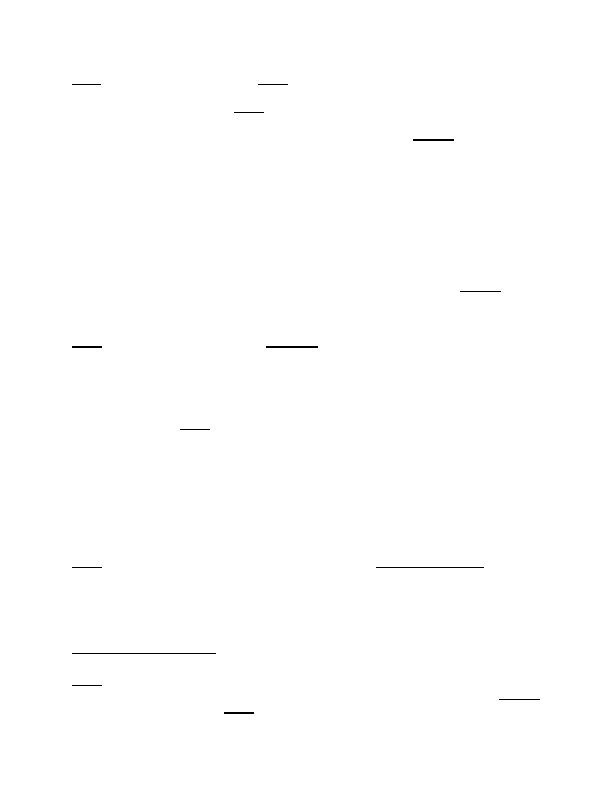
Diehr, 450 U.S. at 186-87 (quoting Flook, 437 U.S. at 586).
The Court explained in Flook that a field-of-use restriction to catalytic conversion
did not distinguish Flook’s mathematical process from that in Benson. However, the
Court reiterated that patent eligibility of computer-directed processes is not controlled by
the “qualifications of our earlier precedents,” again negating any limiting effect of the
usages of the past, on which this court now places heavy reliance. The Court stated:
The statutory definition of “process” is broad. An argument can be made,
however, that this Court has only recognized a process as within the
statutory definition when it either was tied to a particular apparatus or
operated to change materials to a “different state or thing.” As in Benson,
we assume that a valid process patent may issue even if it does not meet
one of these qualifications of our earlier precedents.[
]
Flook, 437 U.S. at 589 n.9 (quoting Cochrane, 94 U.S. at 787). This statement directly
contravenes this court’s new requirement that all processes must meet the court’s
“machine-or-transformation test” or be barred from access to the patent system.
The Court in Flook discussed that abstractions and fundamental principles have
never been subject to patenting, but recognized the “unclear line” between an abstract
principle and the application of such principle:
The line between a patentable “process” and an unpatentable “principle” is
not always clear. Both are “conception[s] of the mind, seen only by [their]
effects when being executed or performed.”
Flook, 437 U.S. at 589 (alterations in original) (quoting Tilghman v. Proctor, 102 U.S.
707, 728 (1880)).
1
My colleagues cite only part of this quotation as the Court’s holding in
Flook, maj. op. at 13, ignoring the qualifying words “[a]n argument can be made” as well
as the next sentence clarifying that this argument was rejected by the Court in Benson
and is now again rejected in Flook.
2007-1130
7
